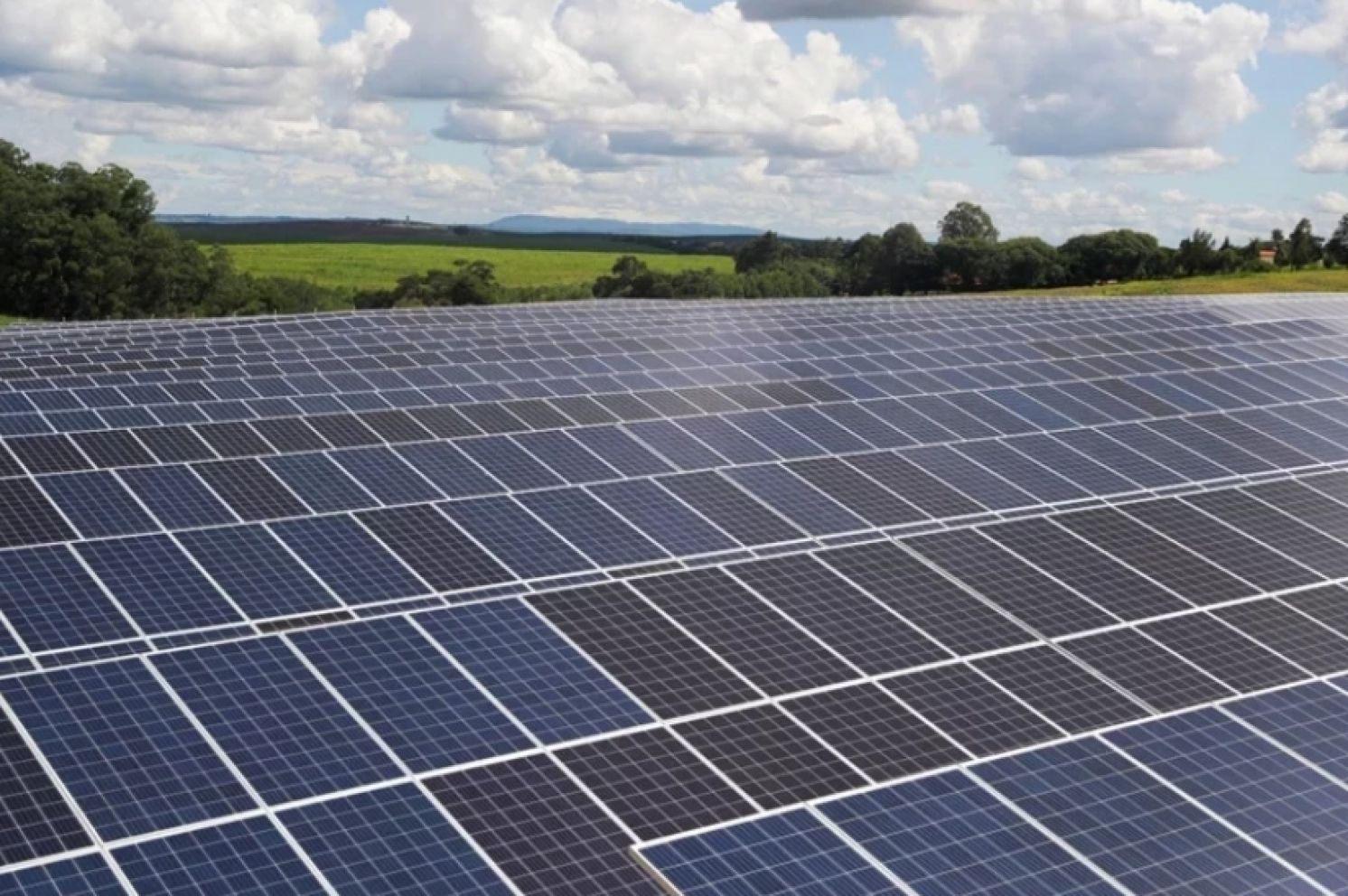
Businesses Criticize 70% Renewables in 2050 Roadmap as Ridiculous
United Daily News, March 31, 2022
The National Development Council (NDC) released on March 30 a roadmap for Taiwan’s realizing net-zero carbon emissions by 2050, in which the share of renewable energy in the composition of energy structure will come from 20 percent in 2025 to 70 percent in 2050. In order to achieve the de-carbonization of power supply, 10 percent hydrogen power, 1 percent pumped-storage power, and reservation of 20 to 27 percent carbon capture utilization and storage (CCUS) are incorporated into the roadmap. Three major industry associations described the plan as ridiculous.
The government estimates that there will be 2 percent increase of power consumption every year, with a margin of error of 0.5 percent. Minister Kung Ming-hsin of the NDC assured that there will be no shortage of power in the future with the expansion of renewable energy facilities. And the government will reserve a specific percentage of green energy for the small and medium enterprises to purchase.
Minister Kung indicated that the International Energy Agency (IEA) recommended that in 2050, solar power together with wind power should take up 70 percent of the power supply. Faced with the challenge of electrical power stability, Minister Kung said, Taiwan has to expedite the installation of power storage and smart grid and to strengthen the resilience of its power grid.
According to the roadmap, by 2040, all new passenger cars and motorcycles available for sale in Taiwan will be powered by electricity. However, Minister Kung stated that the government will not introduce a blanket ban on the sale of gas-powered vehicles but will instead roll out subsidies for the purchase of electric vehicles.
Legislator Tseng Ming-chung, whip of the opposition Kuomintang (KMT), emphasized, however, that, judged by the current 7 percent share of renewable energy, the check for 20 percent share by 2025 issued by the Democratic Progressive Party (DPP) administration has bounced already; therefore, "the postdated check" for the net zero emissions by 2050 is impossible to cash. Legislator Tseng urged the ruling DPP to draft an action plan for the roadmap as soon as possible in order not to leave the mess to the following administration, like what the DPP did in the empty slogan of non-nuclear home by 2025.
Legislator Wu Yi-ting, deputy whip of the KMT caucus, also questioned: how can the renewable energy be enough for supply in the future, given that more than 70 percent of the current power generation facilities in Taiwan are carbon emission type? Wu also called it "preposterous" the plan by the NDC to reach 27 percent carbon reduction of coal-fired power through carbon capture utilization and storage by 2050, while IEA's goal is just 5 percent.
Executive Director Wu Da-jen of the Research Center for Taiwan Economic Development, National Central University, questioned the risk of power supply in the roadmap: "On what can the base load power depend, should the renewables share reaches 60 percent. Solar power and wind power are never a stable source of electric power. Can we impose power rationing at will?" If the supply of power is not stable, then it would be fatal to business development. Therefore, in the roadmap, power instability and the invisible costs and risks involved are what concern businesses most, Wu said.
Hsu Huang-shiong, executive director of the Research Center for Environmental Changes, Academia Sinica, criticized that Minister Kung has put off drafting a special law to the next government. Dr. Hsu indicated that despite all the fanfare in the roadmap, there is no governance structure. The lack of a special law and an independent agency lead us to question how can the schedule and goals in the roadmap be reached on time and with substance?!
During interpellation at the Legislative Yuan, Premier Su Tseng-chang admitted that the roadmap of net zero emissions is a mission near impossible. Minister of Economic Affairs Wang Mei-hua also confessed that the net zero emissions by 2050 presents a great challenge to both Taiwan and the world.
From:
https://udn.com/news/amp/story/122735/6204527